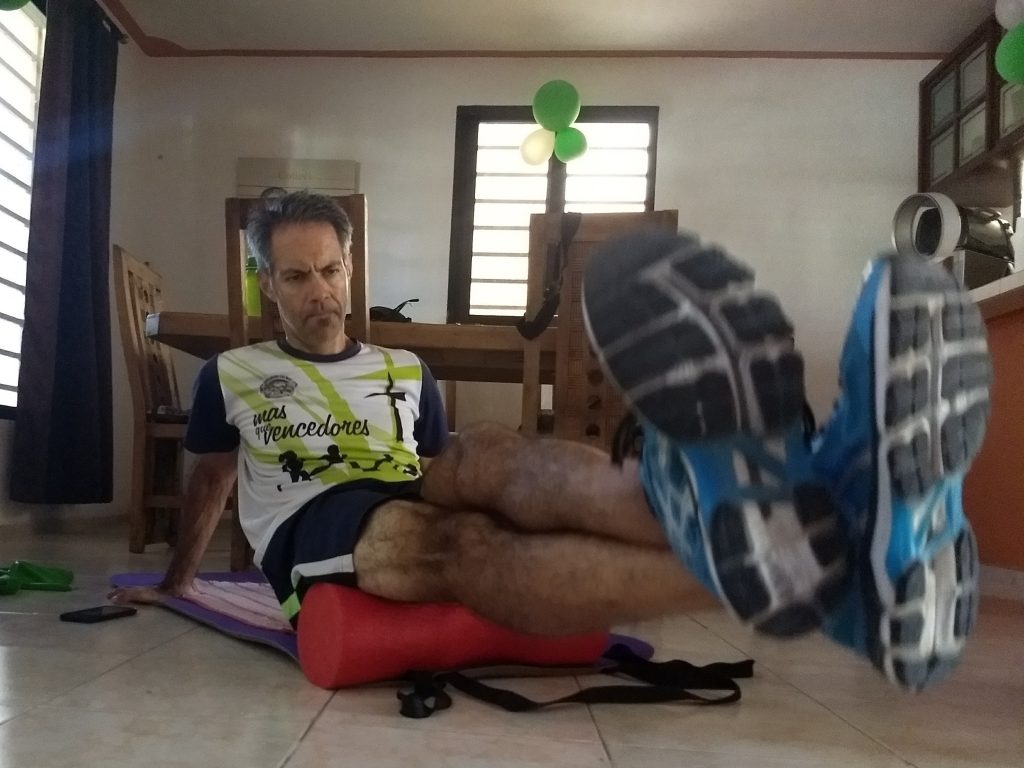For the past few weeks I’ve been writing on Facebook about the Spiritual Disciplines, first reflecting on the book Spirit of the Disciplines, by Dallas Willard, and, more recently, the book, Celebration of Discipline by Richard Foster. In a conversation with my brother, Mike, he suggested that perhaps Facebook wasn’t the best place to post these more “long form” reflections, that perhaps a link to my own personal site might attract the kind of conversation that Facebook has failed to generate. Well, in the spirit of experimentation, which I’ve been trying to cultivate with the Disciplines, I’ve decided to try out his advice.
If you take a look at our past treatment of the disciplines, you’ll find that we’ve left off with the discipline of service. It’s my full intention to pick back up with that conversation shortly. However, the call to service this week has kept me from writing in the more consistent manner that I’m accustomed to. Still, it has not kept me from listening to podcasts, which I enjoy immensely, whether I’m exercising solo, commuting or doing household chores.
In the course of that listening I came upon what I thought was an incredible physical analogy for the Spiritual Disciplines. I heard it in the November 8th episode of the Run to the Top Podcast with Matt Fitzgerald called, “Pushing Your Limits.” I’ve include the link here for you to go and get it on iTunes or on the Android podcast player that I use, PlayerFM:
The show itself discusses mental toughness and how physical performance is enhanced by mental preparation, but it fits very well with Dallas Willards idea of the concept of the Spiritual Disciplines as that which are activities within our power that enable us to accomplish what we cannot do by direct effort because we meet with the actions of God (grace) with us.
His explanation of “inhibitory control” or could we say “self-denial” for the sake of a greater gain, at 10:13 in the episode, is especially interesting. Also of note is the way in which this type of control can be developed through intention, and transference (doing something easier to help form the toughness for the more difficult endeavor) which sound very much like Willard’s VIM model of spiritual transformation: vision, intention, and means. You can hear this part of the conversation starting at 16:45 in the podcast.
I invite you to give a listen to the podcast with your spiritual ears on and try to hear the various connections between the physical, emotional, and spiritual training of our bodies and the benefits that the Spiritual Disciplines might provide us for seeing progress, perhaps in all of those areas.
Whatever connections you find, be sure to share them in the comments section!





